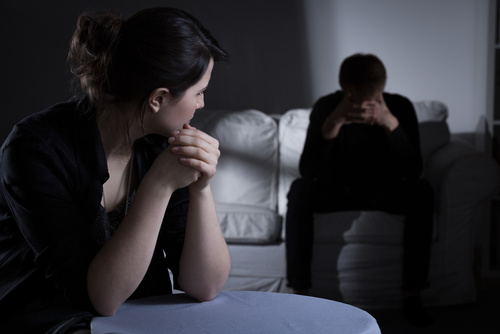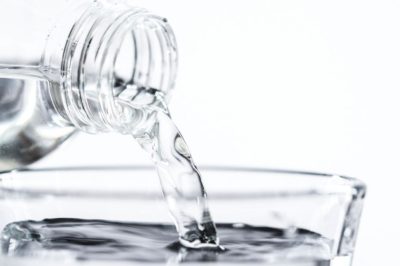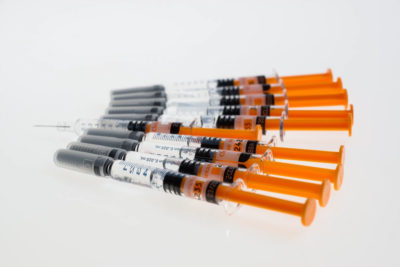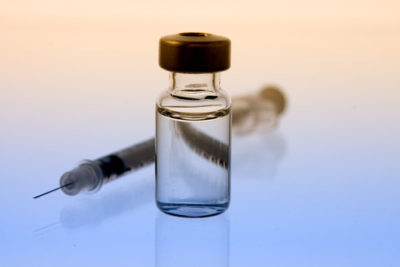As men age, low testosterone goes with the territory. Statistics reveal that about 5 million men currently experience low T, and are being treated for it. An estimated 12.5 million additional men also have the condition, but without low testosterone treatment. That said, low-T can affect younger men as well, accompanying various forms of illness. But more conventionally, research shows testosterone begins to decline in the late 30s or early 40s, with levels dropping by 1 to 2 percent a year after age 40.
Among low T’s many symptoms are decreased libido, fatigue, decreased muscle mass and bone density, erectile dysfunction, weight gain (particular belly fat), hair loss, diminished mental acuity, irritability, depression and more. Low T has also been named a precursor to diabetes and heart disease. While some men may be asymptomatic , others present with one or more symptoms, clearly in search of the best, safest, most effective means of relief to return to a better-functioning body.
Testosterone Replacement Therapy
In this respect, many physicians recommend testosterone replacement therapy, or TRT, which can take the form of an androgen skin patch (transdermal), a gel, mouth patch, intramuscular injections or implants—where pellets are implanted directly into the soft tissues, slowly absorbed into the bloodstream. Oral testosterone is generally not recommended as studies show it can impact the liver. Additionally, low testosterone treatment has been known to go awry resulting in testicle shrinkage, breast enlargement, infertility (reduced sperm production), lowered HDL (or good cholesterol), higher red blood cell concentration, leading to clots, enlarged prostate, prostate cancer and heart attack. Present conditions including sleep apnea and congestive heart failure can actually be worsened by TRT.
HCG Inejctions for Low Testosterone Treatment
Alternatively, low Testosterone treatment with hCG, or human chorionic gonadotropin, has not been known to have deleterious consequences. Administration of hCG in this instance is to stimulate the testes to produce more sperm cells, resulting in a high blood level of testosterone during treatment and sometimes following treatment as well. Unlike traditional testosterone replacement therapy, which shuts down the body’s own testosterone producing system, hCG encourages the body’s own biochemical stimulating mechanisms back toward normal function to produce androgens.
In order to determine if one is a candidate for hCG, a blood test must first be given to gauge levels of LH (luteinizing hormone, which plays a role in fertility) and FSH (follicle stimulating hormone, which measures spermatogenesis in males). Hypogonadism—or the body’s inability to produce enough testosterone—is then established.
HCG is also known to stimulate estrogen production, and when testosterone rises sharply, to quote on study, the body will aromatize the testosterone into estrogen. A drug called anastrazole can prevent this from happening.*
The recommended dosage is 500 IU three times a week, one week on and three weeks off. HCG is a powder that must be reconstituted with bacteriostatic (sterile) water.







